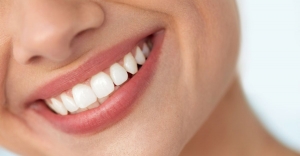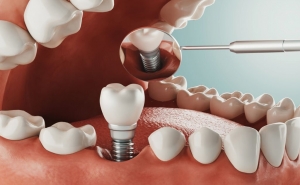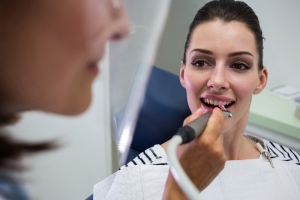A healthy smile is an essential part of both appearance and health. While we often prioritize preventive care, dental emergencies can strike at any moment. Knowing how to handle an emergency and where to seek urgent dental care is crucial for managing these unexpected situations. This guide explores how to respond to dental emergencies and how to access emergency dental services efficiently.
Common Dental Emergencies and When to Act
Dental emergencies vary in severity, but certain situations require quick intervention. Recognizing the signs and knowing when to act can help you protect your teeth and avoid long-term damage. Some of the more common dental emergencies include:
- Sudden pain or sensitivity: Intense tooth sensitivity, especially to hot or cold foods, can signal an underlying issue like a cavity or cracked tooth.
- Gum injury or bleeding: Cuts or lacerations to the gums can occur from accidents or improper dental care, and they may require professional attention to avoid infection.
- Dislodged braces or dental appliances: If you wear braces, retainers, or other dental appliances, an emergency can arise if they become loose or broken, causing discomfort or damaging your teeth.
- Swollen jaw or face: Swelling in the face or jaw can point to a serious infection that may require immediate treatment, often including drainage or antibiotics.
- A knocked-out filling: If a filling falls out, it can expose your tooth to further decay or injury, necessitating a quick visit to the dentist.
If you're in need of immediate assistance, you can easily find emergency dental care in Calgary by searching online for local clinics that offer 24/7 services or by contacting your regular dentist for after-hours support.
Immediate Steps to Take in Case of an Emergency
Regardless of the type of dental emergency, there are key steps you can take to alleviate pain and reduce the risk of further damage until you can see a dentist. Here's what to do in different scenarios:
- Pain or sensitivity: Rinse your mouth with a saltwater solution to help soothe irritation and reduce inflammation. Avoid consuming hot, cold, or sugary foods to prevent further discomfort.
- Gum injury: If your gums are cut or bleeding, rinse your mouth with salt water and apply a clean cloth or gauze to the area to control the bleeding. If the bleeding doesn't stop after 10 minutes, seek professional care.
- Loose braces or appliances: If a wire or bracket becomes loose, avoid using tweezers to pull it out. Instead, cover the sharp ends with a piece of wax or cotton to prevent irritation to the mouth. Contact your orthodontist as soon as possible.
- Facial or jaw swelling: If you experience swelling, particularly if accompanied by fever or a foul taste, this could indicate an infection that needs urgent care. Applying a cold compress can help reduce swelling temporarily, but make sure to get to a dentist or hospital quickly.
How to Locate Emergency Dental Services
In any emergency, it's important to know where to find immediate help. There are several ways to ensure you get the care you need as quickly as possible:
- Online resources: Many dental practices have websites with emergency contact information and hours. Searching for "emergency dentist near me" can yield results for clinics that offer urgent care services, especially those that stay open outside of regular business hours.
- Local dental societies: National or local dental associations often provide lists of emergency dental providers in your area. They can help you identify clinics that offer 24/7 services or assist in urgent cases.
- Emergency dental app services: Some areas now offer apps specifically designed to connect patients with local dentists in emergencies. These services can help you find availability quickly and streamline the process of booking an appointment.
- Urgent care centers: If a dental clinic is not accessible, certain urgent care centers may be able to provide initial treatment or refer you to the nearest emergency dental service for more specialized care.
Preparing for Dental Emergencies Before They Happen
Although dental emergencies are unpredictable, being prepared can make all the difference in how you handle them. Here are a few ways to make sure you're ready for the unexpected:
- Carry an emergency dental contact card: Having a card with emergency dentist contacts and after-hours numbers can save you time and stress in a crisis.
- Ensure your dental insurance includes emergency coverage: Many dental insurance plans offer emergency treatment benefits. Understanding your coverage can help you avoid unexpected costs when you need urgent care.
- Use a dental first-aid kit: A basic dental first-aid kit with items like temporary filling material, antiseptic wipes, and cotton swabs can be handy for addressing minor dental issues until you can see a professional.
- Schedule regular dental check-ups: Regular visits to your dentist help catch potential problems early, reducing the risk of major issues that might require emergency intervention.
Conclusion
Dental emergencies can be both painful and stressful, but knowing how to manage them can greatly minimize their impact. By recognizing common emergencies, taking immediate action, and knowing where to find urgent dental services, you can ensure the health of your smile is protected. Preparing in advance by keeping a list of emergency contacts and a dental first-aid kit can also help you feel more confident in handling unexpected situations. Your smile deserves the best care, no matter the circumstances.






